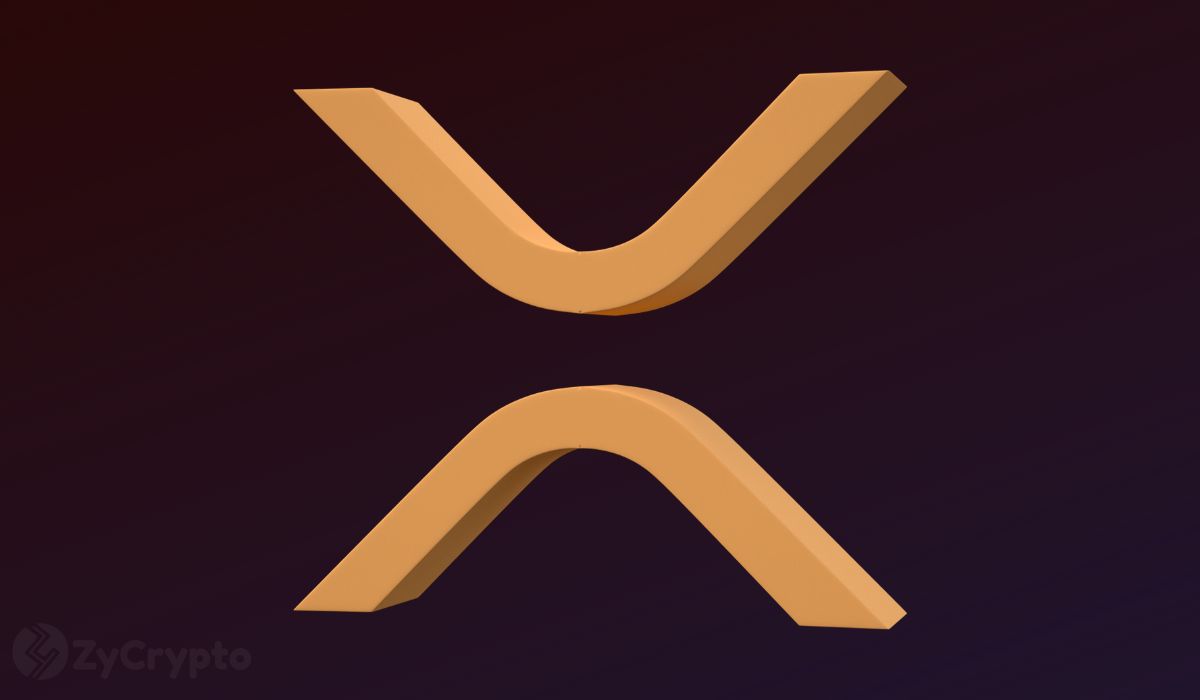Meta holds back Llama from the EU due to tough rules
Meta Platforms is holding back its most advanced AI model Llama from the European Union (EU) markets because of the tough AI regulatory environment in that region.
Also read: Meta AI expands to India amidst growing AI competition
Meta’s decision is reportedly linked to the region’s General Data Protection Regulation (GDPR), which the EU considers to be the “strongest privacy and security law in the world.”
Meta will not leave the EU completely empty-handed
The company expects to release the latest version of the model in the coming months but indicated it will not release it in the EU region because of concerns over privacy protections and AI regulations.
Meta’s decision means some firms in the EU region will not be able to use the company’s multimodal AI models. According to UPI, there is a chance that Meta might also prevent companies outside the EU from offering services that use its systems to EU customers. In a statement to Axios, Meta said:
“We will release a multimodal Llama model over the coming months, but not in the EU due to the unpredictable nature of the European regulatory environment.”
The data privacy regulations in the EU region place more emphasis on user protection than in other parts of the world, forcing the social media giant to take this move. However, the region will not be cut off completely. Meta promised to release a text-only version of the Llama 3 model for EU customers and businesses.
Meta is already facing problems with the law
The company has already had a brush with lawmakers in the EU region. Recently, Meta was ordered to halt training its AI models using Facebook and Instagram user posts in the region because of data privacy concerns as espoused in the GDPR.
The law places importance on “fundamental rights in the digital age.” As such, the GDPR governs how users’ personal data can be used or transferred in the EU.
It emphasizes “the obligations of those processing data, methods for ensuring compliance, and sanctions for those in breach of the rules.”
Also read: Meta introduces AI-driven features to WhatsApp Business
Apart from the GDPR, the EU AI Act is set to take effect in August. The law subjects AI systems that are seen as “high risk” to stronger regulations.
According to this law, AI providers in the region are expected to “establish a risk management system throughout the AI systems lifecycle and conduct data governance making sure AI training, validation and testing datasets are relevant, sufficiently representative and free of errors.”
Earlier this month, the European Commission accused Meta of violating the Digital Markets Act, and the company may be slapped with huge fines. Allegations against Meta are that it does not allow users “the right to freely consent to use of their data.”





